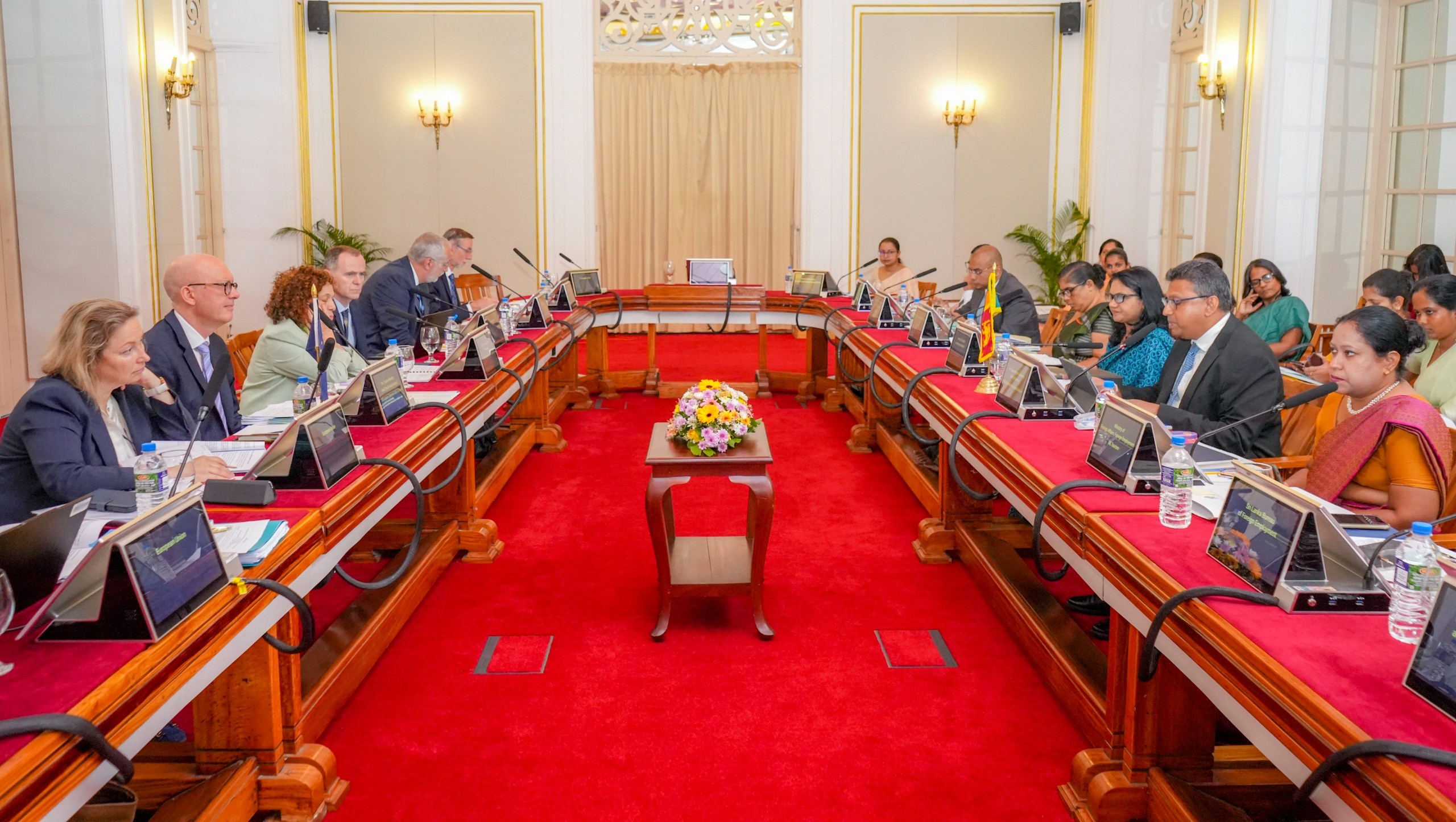British Tamils protest as SL envoy addresses Pre-CHOGM Forum in London
.jpg) |
A Pre-CHOGM Forum entitled “The Commonwealth in Colombo: Prospects for the 2013 Commonwealth Summit” was held in Senate House last week, while Tamils protested outside against Sri Lankan External Affairs Minister GL Peiris, who was earlier reported to be one of the speakers, but he was replaced by Ambassador Chris Nonis.

